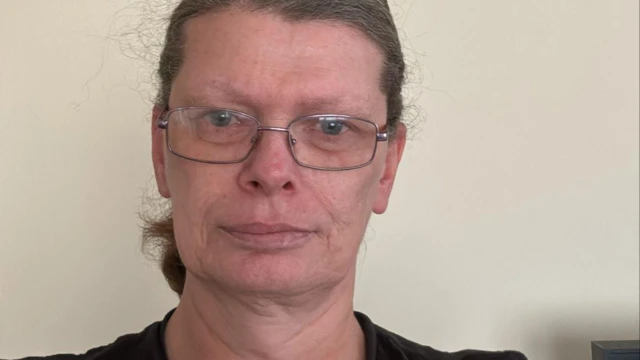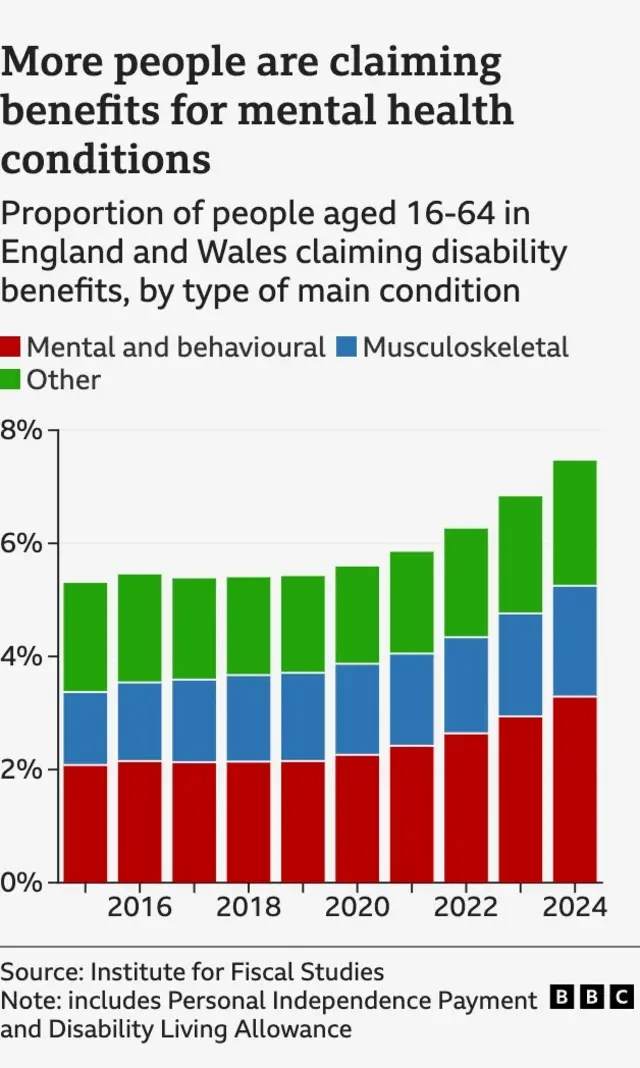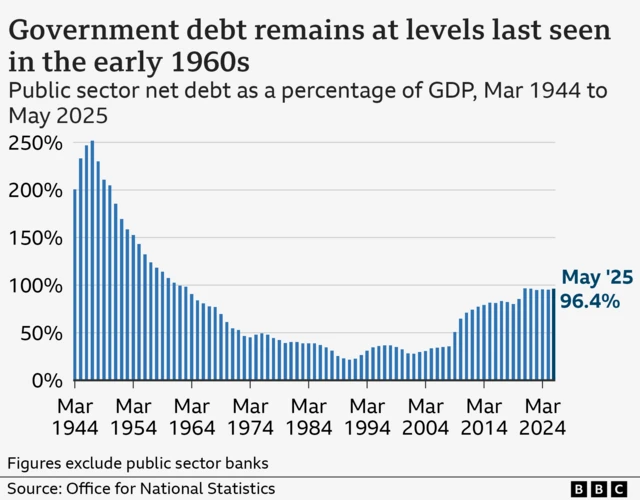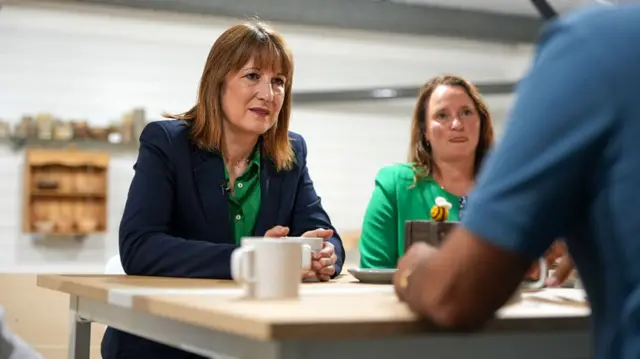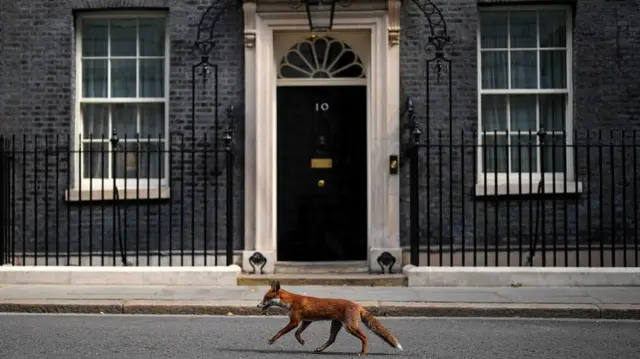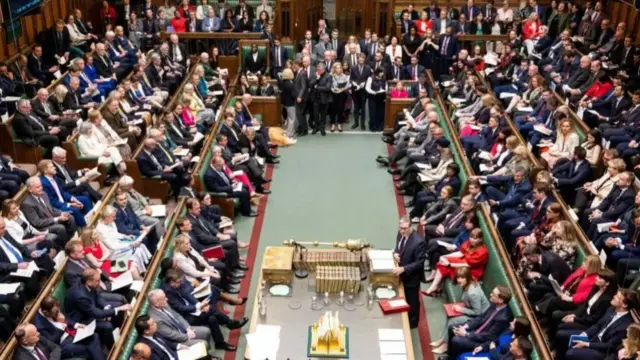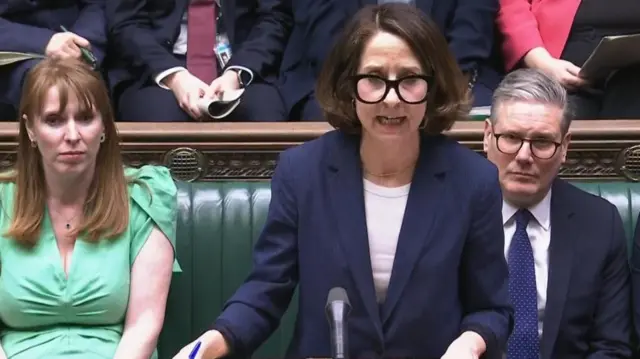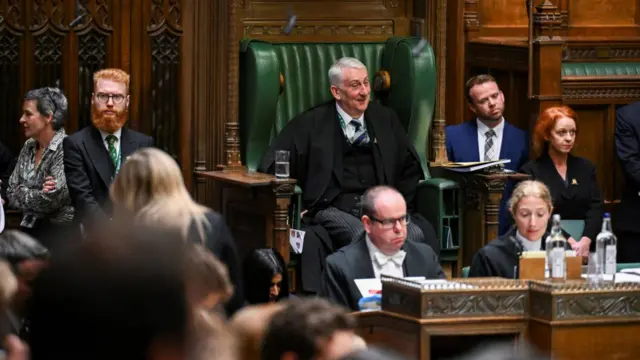Commons is running behind schedulepublished at 13:12 BST 1 July
 Joshua Nevett
Joshua Nevett
Reporting from Westminster
MPs in the House of Commons are running behind schedule and the second reading of the government's welfare bill is delayed as a result.
There’s a statement on paternity leave going on at the moment.
The welfare debate is due to start between 13:45 and 14:00 BST.


